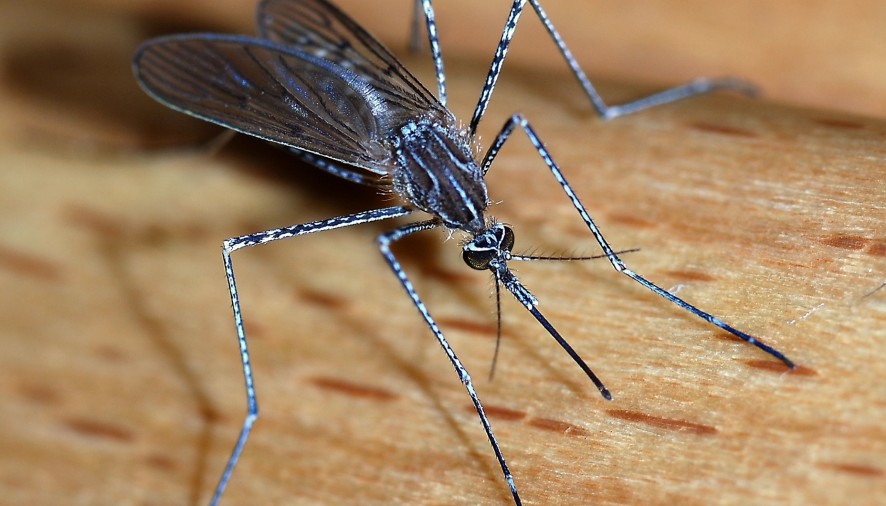While Brazil prepares for a huge influx of athletes and spectators celebrating the Games of the XXXI Olympiad, there’s already a more sinister visitor which threatens the livelihood of millions of innocent lives: the mosquito Aedes aegypti. Described as the “perfect mosquito” and known to infect hosts with yellow fever and dengue, it lurks in built-up areas and lays eggs that can survive for months. Now, this mosquito harbours a new virus that is looking to go global: the Zika virus.
Only the female mosquitos bite and for them to transmit the virus, they must first bite a person already infected. The Aedes aegypti exclusively bite humans, taking the “little and often” approach to their feeds. Coupled with the fact that they’re active during the day and you have a mosquito more dangerous than most.
Originating in Uganda in the 1940s, the Zika virus is currently spreading at an alarming rate around the Americas with no current vaccine or treatment available. In response, a state of global public health emergency has been declared by the World Health Organisation (WHO). With the Olympics in Brazil just around the corner and with fast-tracked research commissioned, the race is on to stop the Zika virus from spreading. However, the WHO has stopped short of recommending travel bans to the affected areas, prompting health experts to accuse the organisation of making a political decision instead of a logical one. Any ban on travel would surely deal a huge blow to the estimated tourism levels in Brazil this summer. With a shrinking economy and at a projected cost of $9.3billion, Brazil needs this to be a successful and busy Olympiad.
Regarding the virus, the single-stranded RNA genome exhibits common symptoms in the host, like a mild fever, escalating to ailments such as conjunctivitis and muscle pain shortly after being bitten. Although the symptoms are relatively primitive, the main concern is the effect the Zika virus has on a developing foetus: the spread of the virus has also brought with it a sharp increase of cases of microcephaly. The affected baby is born with a relatively small head size, preventing the brain from developing fully and bringing with it physical and intellectual disability or, in some cases, even death. While it is not confirmed that the Zika virus causes microcephaly, the proof is in the pudding. In Brazil in 2014, before the arrival of the virus, there were only 150 cases. Since October 2015, there has now been over 3,500.
Its rapid spread can be accredited to the Americas’ unfamiliarity to the virus and thus a lack of information and defence. Also, it does not help that the climate enables the mosquito to live and breed comfortably. People are currently recommended to take precaution by closing doors and protecting themselves against bites, whilst those who are infected are told to treat the symptoms by resting and keeping hydrated.
In the wake of the outbreak, authorities have been quick to respond. In the past, eradication programmes have been successful but in the face of improved insecticide resistance, governments may need to start thinking outside of the box. Laboratories around the globe are working round the clock; more money is being pumped into finding a vaccine and some scientists are even looking into genetically modified mosquitos.
The virus never sleeps and knows no borders. While research gears up, another case has been reported, but in a new territory – North America. Likely to have been transmitted by sexual contact, this transmission route opens the door to the whole world, not just in places where the mosquitos can survive. The virus could spread without us even knowing, as only 1 in 5 people infected will show symptoms.
The speed of this virus has caught many by surprise and has left many questions unanswered. How long until a treatment will be ready? How far can it spread? Should there be travel bans imposed? What does this mean for the Olympics in Rio de Janeiro?
One thing is certain though; in the face of a possible global pandemic, pulling together to tackle this virus – regardless of the costs and politics – is of paramount importance. Thousands, and maybe millions, of innocent lives are depending on it.
Sandy Kelly
Image courtesy of Alvesgaspar, hosted on Wikipedia.

